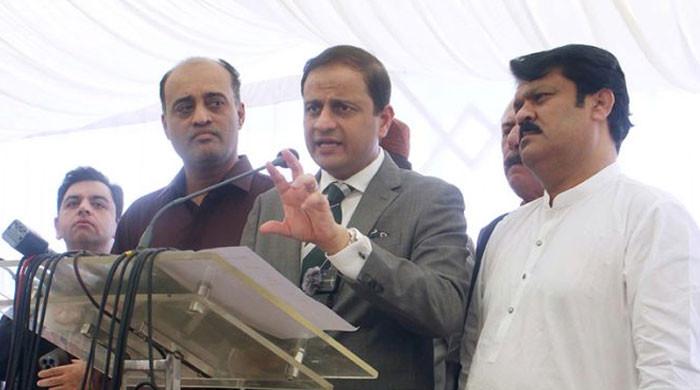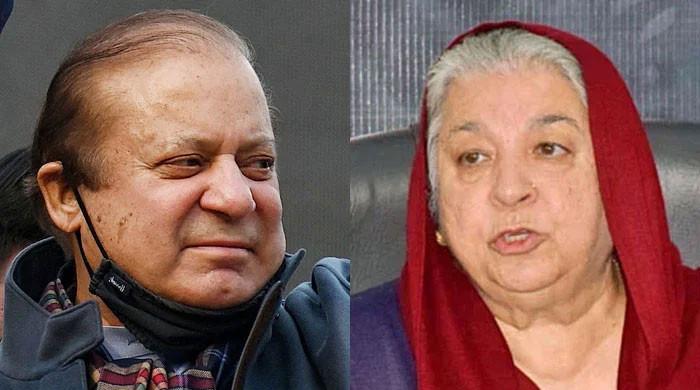Presidential ordinance on Senate polls seems to be based on hypothetical principle, says CJP
Justice Ijaz-ul-Haq says the ordinance could be challenged in the High Court
February 08, 2021
- SC on Monday hears the presidential reference regarding the introduction of open-ballot voting in the Senate election
- CJP says ordinance seems to be based on hypothetical principle, adding that president cannot be stopped from issuing the ordinance
- Justice Ijaz-ul-Haq says the ordinance could be challenged in the High Court
The Supreme Court on Monday heard a presidential reference regarding the introduction of an open-ballot voting system in the upcoming Senate elections, Geo News reported.
During the hearing, Chief Justice of Pakistan Gulzar Ahmed said that the ordinance seems to be "based on hypothetical principle," adding that the "president cannot be prevented from issuing the ordinance."
Justice Ijaz-ul-Haq remarked that if there was any contradiction in the ordinance and the court replied in the negative, it would automatically become ineffective.
Justice Umar Atta Bandial asked: “Why was the election of the prime minister and ministers, under Article 226, done through secret balloting?”
The judge remarked that the country has also seen some good politicians, adding that not all of them should be treated equally.
During the hearing, the court also issued a notice to the Attorney General at the request of the JUI against the recent Elections (Amendment) Ordinance 2021.
Read more: PTI govt files reference in Supreme Court seeking opinion on open ballot for Senate polls
The Chief Justice said that neither the government can speak on behalf of a political party nor a political party can comment on behalf of the government. The Attorney General Khalid Javed said that it was "very strange that the Advocate General of Sindh was representing the PPP.
Lawyer of JUI-F Kamran Murtaza told the court that the government did not respect the court proceedings regarding the presidential reference. He explained that the court was still in the process of hearing the presidential reference regarding the open-ballot voting system but instead of waiting for the court, the government went on to issue the ordinance.
Upon hearing this, Justice Ijaz-ul-Haq said that the ordinance could be challenged in the High Court if this was the case.
Moreover, the attorney general said that the issuance of the ordinance after the Senate election, scheduled on February 11, could have caused problems. The ordinance will be implemented in light of the opinion of the apex court.
Further hearing of the case has been adjourned until February 10.
Read more: Senate polls: SC to hear presidential reference on January 4









